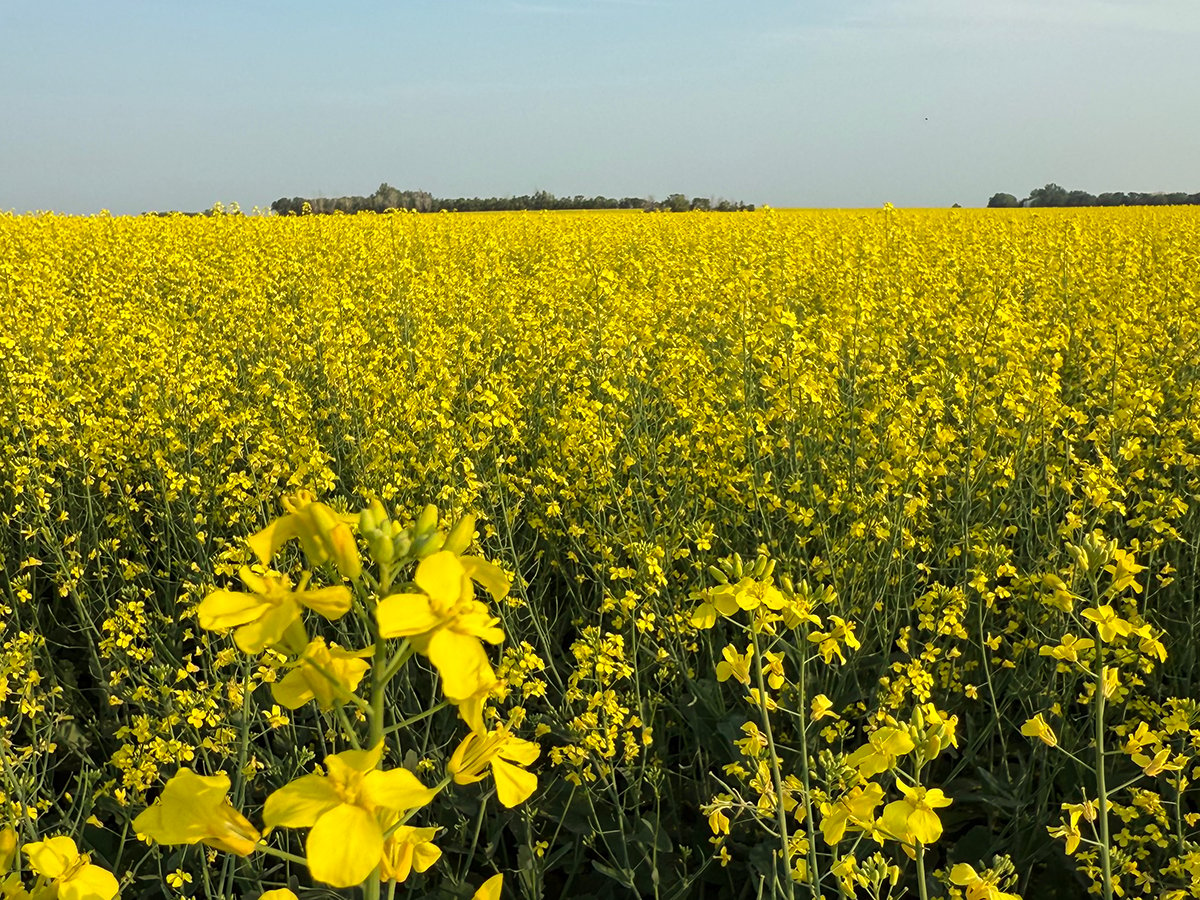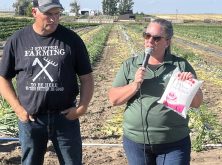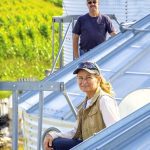BANFF, ALTA. – Hybrid winter barley varieties top the yield rankings in all major European markets but a similar breeding program for Western Canada is not likely in the foreseeable future, said the head of Syngenta North American Cereal Seeds.
The company is testing hybrid winter feed barley varieties on plots near Spokane, Washington, but the Western Canadian climate may be too severe for a barley variety that farmers could seed in autumn and harvest the following summer, said Rob Bruns at the Alberta Barley Commission annual meeting in Banff.
Read Also

Canola support gets mixed response
A series of canola industry support measures announced by the federal government are being met with mixed reviews.
“In this southern Alberta territory, winter hardiness is the issue here. Germany has the most hardy winter barleys but that is not the level of winter hardiness (required here),” he said.
“I think it is unlikely we’ll have enough winter hardiness in barley to grow it in southern Alberta,” he said.
Syngenta invests significant amounts of money into all the major cereal crops, as well as vegetables and crop protection technology in 90 countries.
However, it isn’t profitable under current circumstances to develop a barley seed business on this continent.
“We do not have a barley seed business in North America. We are currently investing in Western Europe. We are the market leader in spring malting varieties,” Bruns said.
“We know how to breed barley and we know how to work with end users to satisfy their needs.”
Hybrid winter barley development started in Lincolnshire, England, in 1994.
Since then, Syngenta has introduced 12 hybrids to the European market with another 15 in the registration process.
“Last year the hybrids dominated the winter barley trials,” he said.
In 2009, Syngenta produced more than 10,000 tonnes of hybrid seed to be planted on 250,000 acres. It is all feed barley and the company has no plans to develop malt varieties.
“The malting thing would require a lot of sophistication on controlling the strict barley quality requirements,” Bruns said.
Hybrid seed production is a blend of 95 percent female and five percent male plants. The male plants have enough pollen to fertilize the females surrounding them.
“Are we willing to invest a lot of money in getting the malting barley component right in a hybrid? That one is not going to be easy. It is hard to bring two parents together and have a uniform product,” he said.
In addition to climate-related changes, developing barley varieties in Canada presents greater regulatory challenges compared to Europe, where royalty rates for breeders are much higher at $50 to $80 per tonne.
Canada is a good sized market. Producers here grow about 10 million acres of barley with strong use of crop protection products, a world class grain research laboratory with basic science and support in Western Canada as well as a strong group of plant breeders.
Variety registration can be frustrating, but it is not unmanageable, Bruns said. However, there is an underdeveloped seed market, with only about 25 percent of seed being purchased and a low seed royalty structure of about $30 per tonne, he said.
“You guys are getting quite a deal relative to the actual work that was put into it,” he said.
Organized public breeding has worked well here but government policies that restrict private companies from collaborating with public breeders present a roadblock. It is also difficult to connect with end users like malting companies compared to what they have in other countries like Australia and Europe.
“We do a lot of collaborations and for us to be successful in the arena, all the breeders, both public and private have to collaborate.
“There’s more problems than all of us can solve,” Bruns said.
Syngenta would like to offer Canadian barley varieties but the company has to consider whether it is more profitable to develop a new tomato or genetically modified soybean.
“Our cereals seed business does not have unlimited resources. We have to prioritize our investments.”















